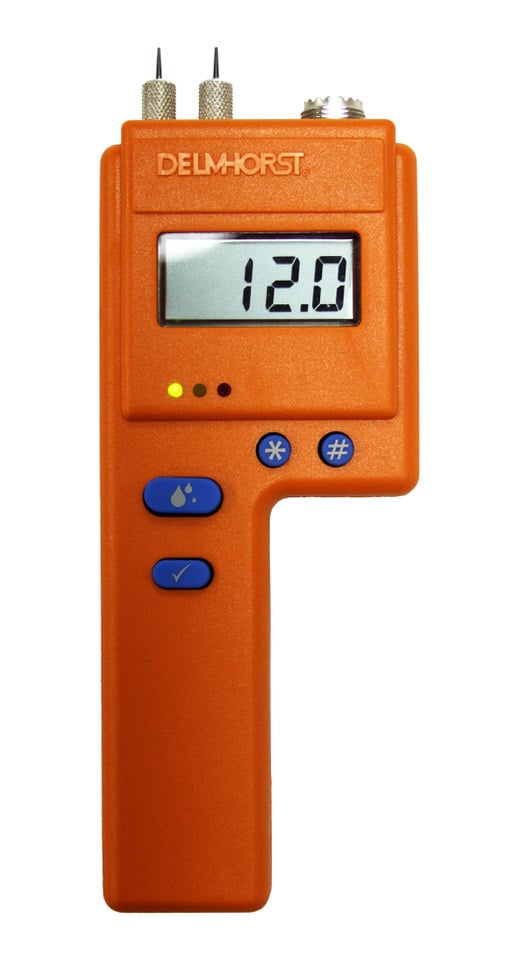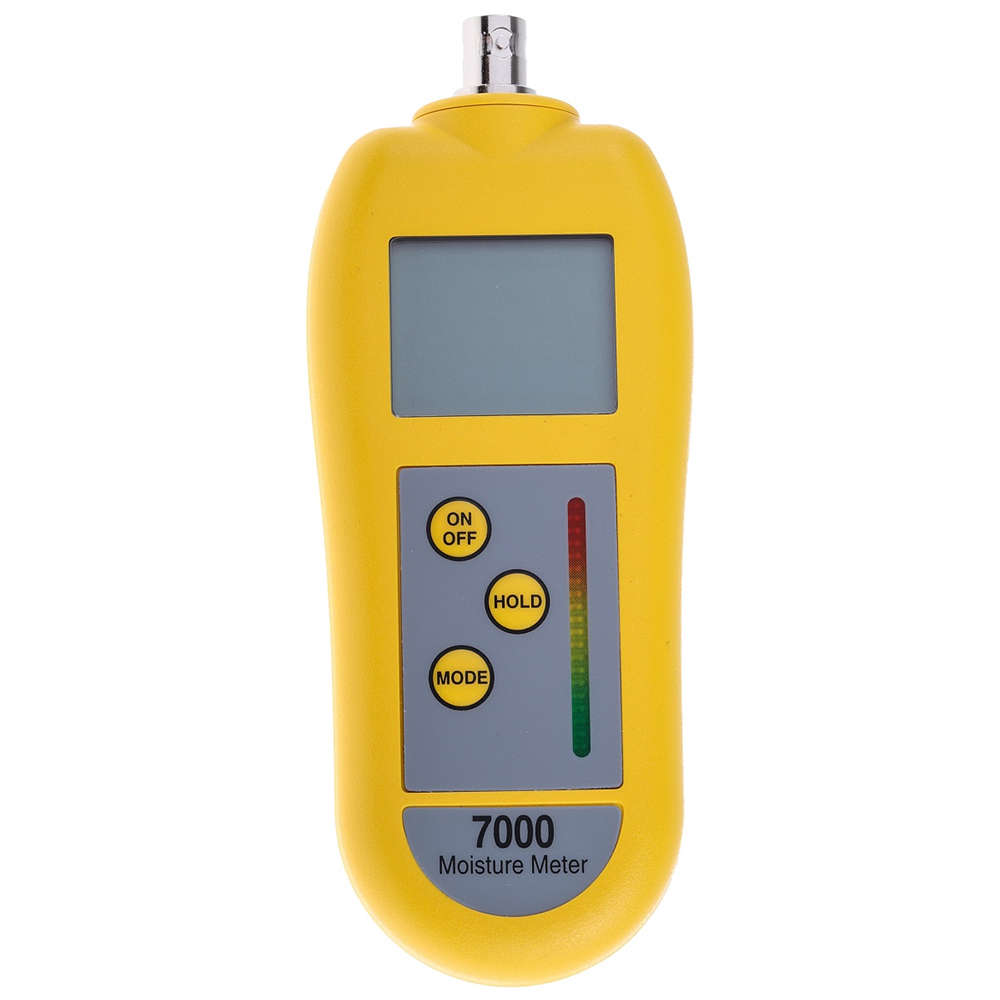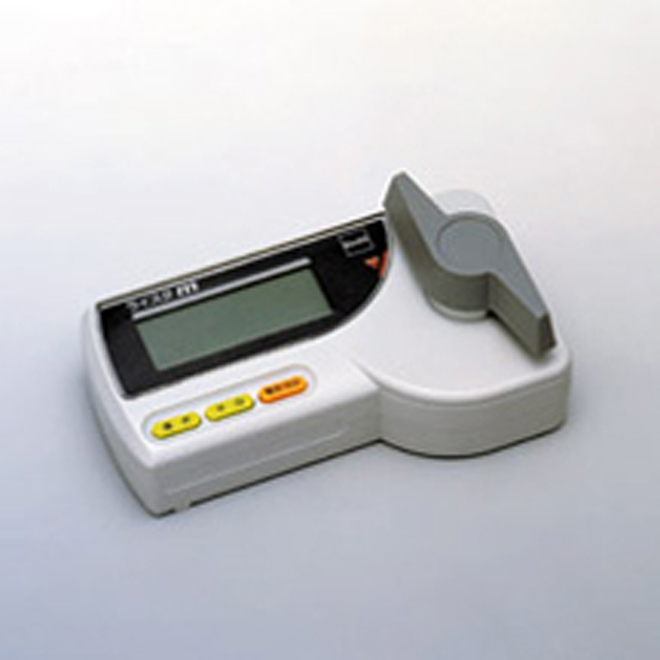Why Every Homeowner Demands a Moisture Meter: Secret Advantages and Attributes
Why Every Homeowner Demands a Moisture Meter: Secret Advantages and Attributes
Blog Article
The Ultimate Guide to Moisture Meters: A Comprehensive Summary and How They Can Save You Cash
In the world of building maintenance, construction, and numerous sectors, the value of precisely measuring wetness levels can not be overemphasized. Wetness meters act as essential devices in spotting and keeping track of moisture content in products, aiding in stopping costly damages and guaranteeing the high quality of products. Understanding the nuances of different kinds of moisture meters, their applications, and the possible cost-saving advantages they provide can be a game-changer for companies and specialists alike. Uncovering exactly how these tools can not only simplify processes however additionally contribute to economic cost savings is a journey worth starting.
Kinds Of Moisture Meters
One usual type is the pin-type moisture meter, which determines the electric resistance between 2 pins put right into a material. Pinless wetness meters, on the other hand, usage electromagnetic sensor plates to scan a bigger location without creating damage to the product's surface area.
Furthermore, there are also specialty wetness meters made for details materials like soil, hay, or grain. These meters offer exact wetness analyses customized to the special buildings of the product being examined. Infrared moisture meters measure the thermal properties of a product to determine its moisture content non-invasively, making them useful for applications where pin or pinless meters may not be appropriate. Recognizing the various kinds of dampness meters readily available can help markets select the most suitable tool for their specific moisture measurement requirements.

Advantages of Using Moisture Meters

Additionally, utilizing wetness meters can lead to enhanced energy efficiency. In farming setups, dampness meters play an essential role in maximizing plant yields by enabling farmers to monitor soil moisture degrees and make notified irrigation decisions.
Just How to Select the Right Moisture Meter
Picking the ideal wetness meter involves taking into consideration crucial elements such as material compatibility, index measurement array, and sites calibration precision. When choosing a dampness meter, it's necessary to guarantee that the meter appropriates for the specific product you will be screening. Different products have varying electrical residential or commercial properties that can affect dampness readings, so picking a meter developed for your product is important for accurate outcomes. Furthermore, consider the measurement range of the dampness meter. Guarantee that the meter can discover moisture degrees within the array required for your applications. Calibration precision is another important element to bear in mind (Moisture Meter). Go with a dampness meter with reputable calibration to ensure accurate and regular analyses. Some meters might require regular calibration changes, so understanding the calibration procedure is very important. By meticulously assessing these aspects, you can pick a moisture meter that satisfies your needs and supplies precise dampness measurements for your projects.
Correct Methods for Moisture Meter Use
To ensure accurate wetness readings and take full advantage of the efficiency of a moisture meter, using proper strategies is essential. When using a pin-type moisture meter, place the pins or probes into the product being checked till they make full get in touch with. By following these appropriate strategies, individuals can depend on their wetness meter to supply reliable moisture degrees, helping in preventing costly damages or making sure high quality in different applications.

Cost Savings Through Moisture Meter Applications
Just how can the critical usage of dampness meters lead to significant cost savings across numerous industries? In the farming industry, moisture meters help in identifying the ideal time for collecting plants, preventing over-drying or excess moisture that can influence the last item's high quality.

Additionally, in the food processing market, moisture meters are vital for keeping an eye on item top quality and guaranteeing compliance with security laws. By precisely measuring moisture web content in food, suppliers can prevent perishing, maintain quality, and minimize waste, leading to substantial cost financial savings. On the whole, the strategic application of moisture meters Read Full Report is a beneficial financial investment that can result in significant cost decreases and enhanced performance across different sectors.
Conclusion
In verdict, wetness meters are useful tools for discovering and determining wetness levels in different products. By making use of the right dampness meter and following appropriate methods, customers can successfully stop pricey problems created by excess moisture.
Dampness meters serve as vital tools in finding and keeping an eye on moisture content in materials, assisting in avoiding expensive damages and making certain the quality of products. Infrared wetness meters determine the thermal homes of a product to determine its wetness content non-invasively, making them helpful for applications where pin or pinless meters might not be ideal.Wetness meters offer important advantages in precisely examining and monitoring moisture levels in diverse products and settings. In farming setups, dampness meters play an essential role in optimizing plant returns by making it possible for farmers to keep an eye on dirt wetness levels and make notified irrigation choices.In final thought, moisture meters are valuable devices for determining and identifying moisture degrees in numerous products.
Report this page